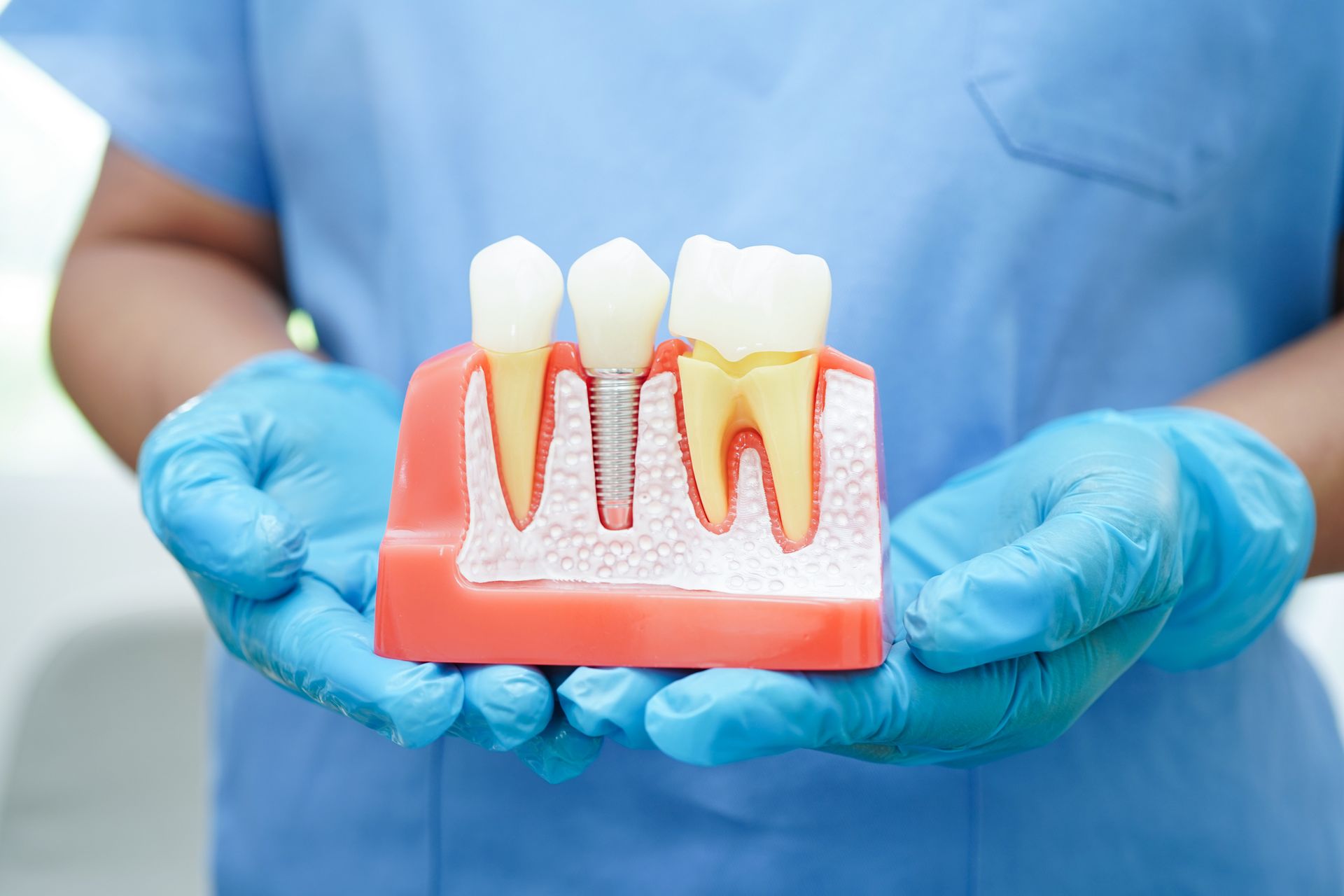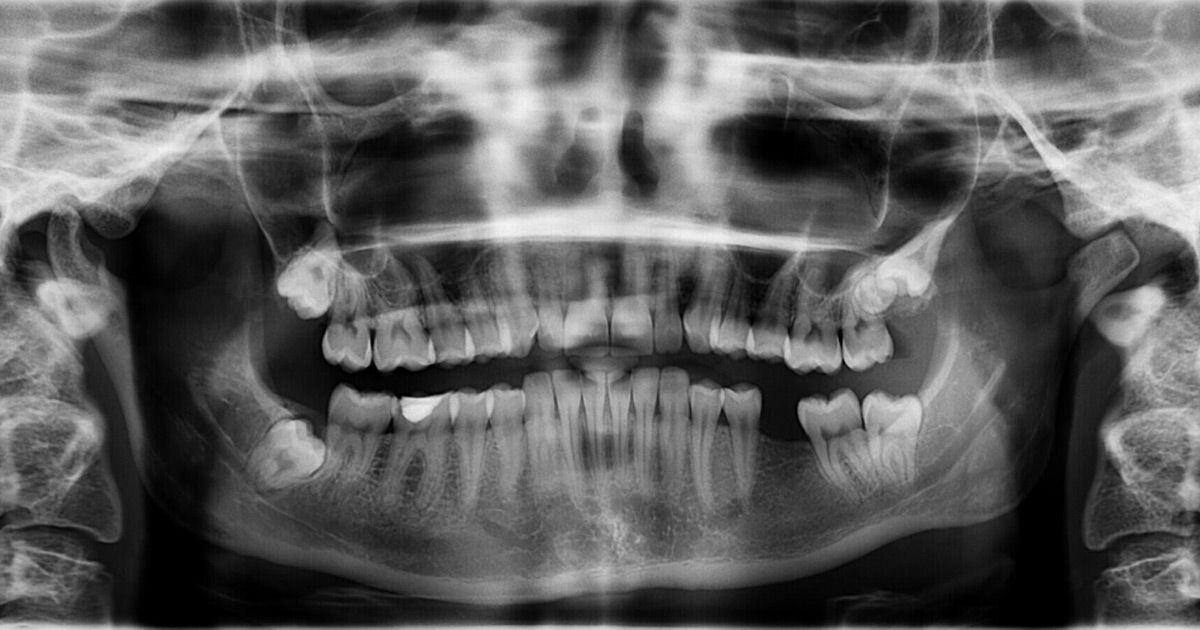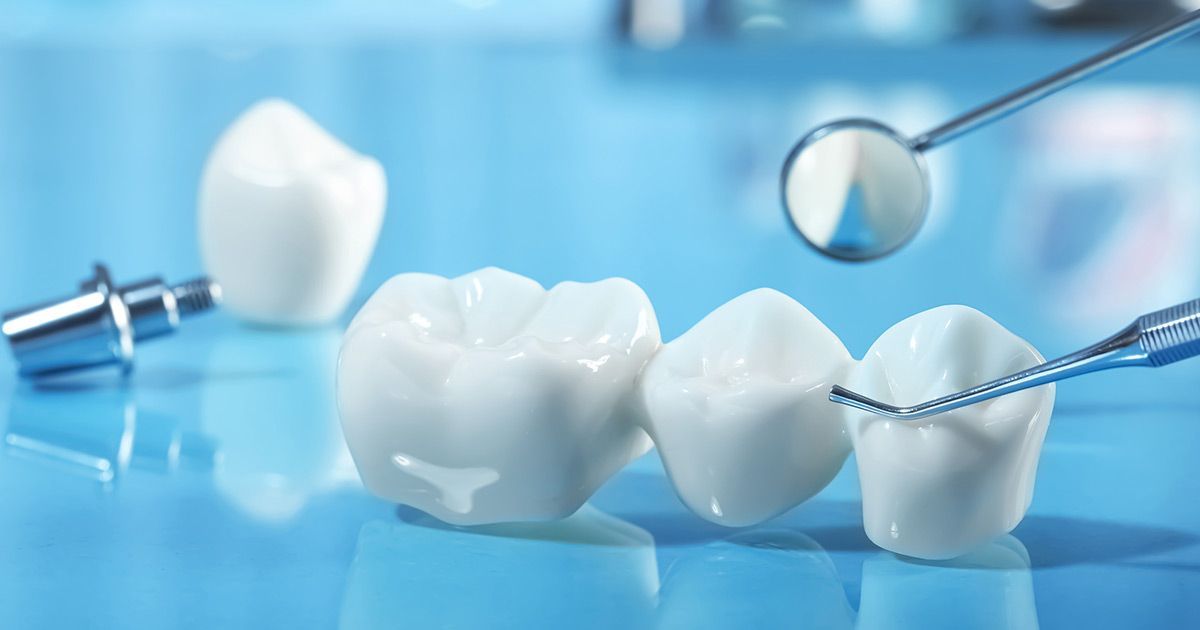You probably know that many physical and emotional changes you will experience during pregnancy result from an increase in the levels of certain hormones — the chemicals that regulate many important processes in the body. But what you may not realize is that these hormonal variations can affect your oral health — and usually not for the better. In fact, surges in the female hormones estrogen and progesterone can dilate (expand) the tiny blood vessels in your gums, increasing blood flow. This makes gums more sensitive to the bacteria (and associated toxins) found in the sticky dental plaque that accumulates on teeth every day.
Pregnant women commonly notice that their gums may become red and swollen, and even bleed when they floss or brush their teeth, a condition known as “pregnancy gingivitis.” Similar gum inflammation can result from taking birth control pills that contain a type of synthetic progesterone, or even from the normal hormonal fluctuations of the menstrual cycle.
Another, less common effect of pregnancy hormones on the gums is an overgrowth of gum tissue or small, berry-colored lumps at the gum line or between teeth. These growths are called “pregnancy tumors,” though they are completely benign.
All of the above conditions usually clear up within a few months after giving birth. Still, if you experience gum inflammation, it's a sign that you need to take extra conscientious care of your teeth and gums during pregnancy.















